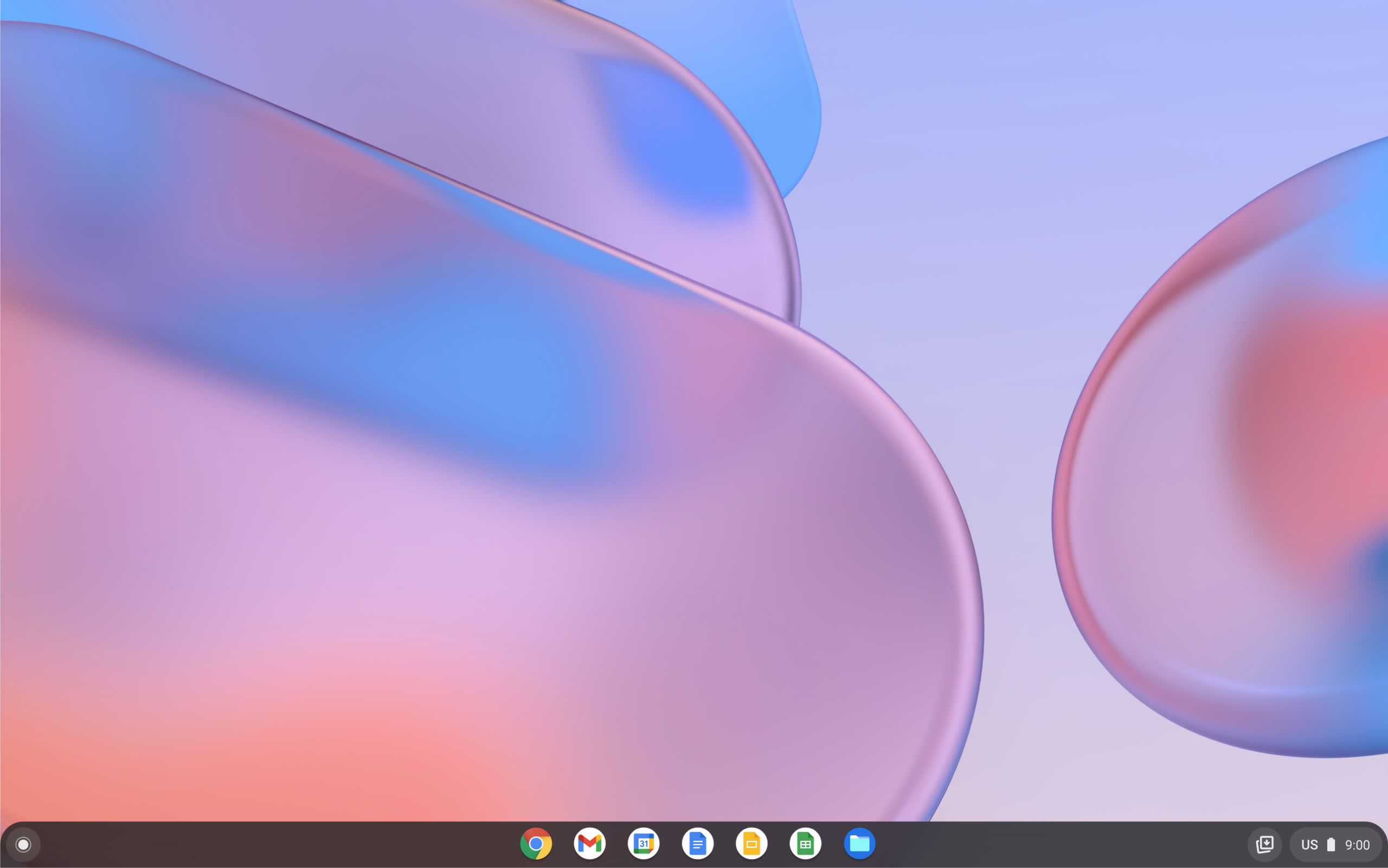The big picture: Chromebooks are no longer selling like hotcakes, but Google believes Chrome OS is a good way to breathe new life into an old machine. The company is adapting to a world where the operating system is slowly fading into the background and users only care about being able to run their favorite apps.
Google's latest desktop effort is a new version of Chrome OS called Chrome OS Flex that can supposedly install within minutes on a variety of PCs and Macs. The company is positioning it as a business and education-oriented operating system that can breathe new life into older machines, but it is otherwise a similar experience to what is offered on Chromebooks.
The idea behind this is simple --- a lot of what we do on a computer nowadays happens in a web browser, so running a full-fat operating system like Windows or macOS would be overkill. Chrome OS Flex is free, can be run from a USB drive, and is easier to deploy and manage since it's little more than a web browser built on top of the Linux kernel.

Google says you can run Chrome OS Flex on most Intel or AMD-powered systems with at least 4 gigabytes of RAM and 16 gigabytes of storage, and the company is working on creating a certified models list. As you'd expect, not all Chrome OS features will work depending on the hardware it's running on, and features like Google Play and Android apps won't be available at all.
Chromebook shipments were down in 2021 due to a slowdown in education spending, so it makes sense for Google to try and improve Chrome OS market share by pitching it to people who own a device that's no longer supported on the latest version of Windows or macOS. After all, Google did buy Neverware in 2020 for its CloudReady software, which helps individuals and organizations convert old machines into Chrome OS devices.
Those interested in trying out Chrome OS Flex can do so free of charge. It's worth noting this is currently in early access, so expect some bugs while diving in. That said, you can run it directly from a USB drive before you decide on a permanent installation.
A stable version is expected to launch in the coming months, and existing CloudReady users will then be migrated to Chrome OS Flex.
Masthead credit: Konstantin Savusia
